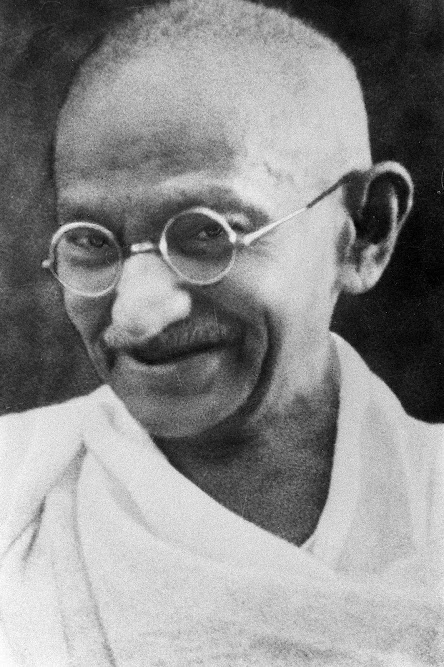Responsibility and dependability are two things that carry a lot of weight. When you are responsible for someone or something, you are the overseer of it. It is your job to take care of it until that responsibility is shifted away from you.
When you are dependable, others can count on you to keep your word and follow through with your actions. While these two things require a lot of work and effort, they also come with some benefits. A quick look into history can help demonstrate the benefits that came with the addition of responsibility and dependability for one man.
Before the United States was its own country, it was a group of states that was still ruled by Great Britain. During this time, George Washington was starting his life on his own. He began his military experience by serving and being a commander in the French and Indian War.
Years later, he ended up becoming an integral part of the Revolutionary War through his previous military experience and political position. After being named commander in chief of the Continental Army, he began the long task of gaining independence for the states.
History.com discusses Washington and his history. It says that “Washington proved to be a better general than military strategist. His strength lay not in his genius on the battlefield but in his ability to keep the struggling colonial army together...His leadership during the winter of 1777-1778 at Valley Forge was a testament to his power to inspire his men to keep going.” When the war ended, Washington was declared a national hero.
After signing the peace treaty, Washington gave up his position and returned to his home, excited to get back to his crops and plantation. However, the new country had different plans.
Washington had become so popular during the war that he was the first choice for the new presidential seat. He eventually took the position and served two terms as president. After serving as president, he finally returned to his home where he lived the rest of his life, dying just a few years later at 67 years of age.
Throughout Washington’s life, he carried a large amount of responsibility and showed his dependability.
Because of how well he led the soldiers to victory and independence, he was given the benefit of the first choice for the presidential seat of the new country. Had Washington done poorly during his time in the war, this would have not been the case.
Because of this, he is now a highly regarded individual in the United States. As the first president, his face is on our currency both paper and coin. There are many buildings and other monuments dedicated to his name. He is celebrated on his birthday every year and he is studied in all history classes.
While being the first president wasn't what Washington originally intended to do with his time after the war, it ended up being a great reward for his hard work during the war as well as providing an increase in responsibility that has led to him being so revered.
While taking on responsibilities and being dependable in your own life will probably not lead to monuments being built in your name, there are benefits to showing and acting on these good qualities while you are leading.
Washington is just one of the many examples of great leaders who show that you reap what you sow. When you put in the work and take your position seriously, good things will come out of it.









